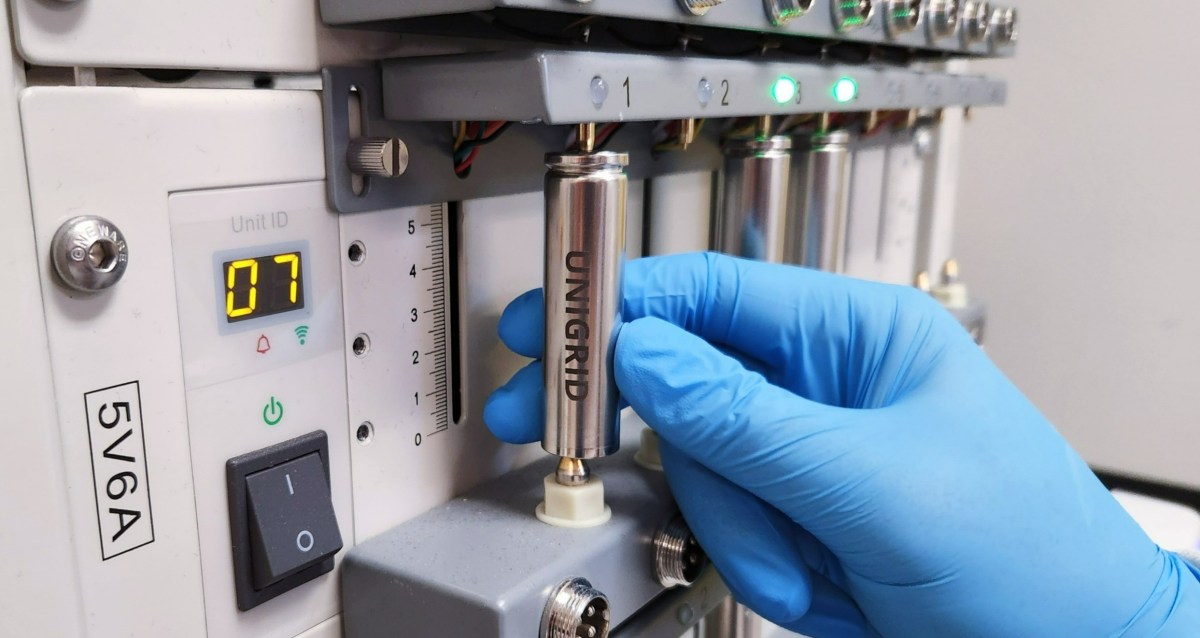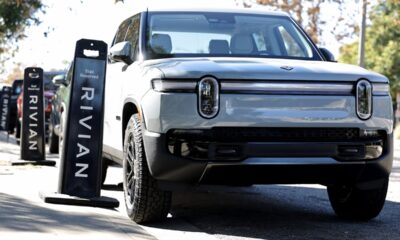Tech News
Unigrid wants to make batteries cheaper and safer using sodium

Cost is the major factor holding back battery technology.
Lithium-ion batteries, the most commonly used type, still come at a price of around $140 per kilowatt-hour for a pack. While this cost has led to the increased adoption of electric vehicles, it is still too expensive to have large batteries in every home for backup during blackouts.
Manufacturers are now looking into sodium-ion batteries as a complementary option to lithium-ion, due to their potentially lower production costs. Darren Tan, co-founder and CEO of Unigrid, believes that sodium-ion batteries could be produced at half the cost of lithium-iron-phosphate batteries due to cheaper raw materials.
However, sodium-ion batteries are not yet ready for widespread use as they are less dense, larger, and heavier than lithium-ion batteries. Unigrid has developed a new chemistry using sodium-chromium-oxide and tin to address these issues, making their batteries more compact and safer.
Unigrid’s batteries are designed to be safer and more efficient than traditional lithium-ion batteries. They are suitable for use in various applications, including buildings, hospitals, and data centers, due to their high safety standards.
Unigrid plans to work with existing battery manufacturers to scale up production of their sodium-ion batteries for energy storage in buildings, small campuses, and light electric vehicles. The company has raised $12 million in Series A funding to support their expansion.
Tan is optimistic about the future of Unigrid and aims to have their batteries in the market within the next five years to make a significant impact on the energy storage industry.
-

 Destination8 months ago
Destination8 months agoSingapore Airlines CEO set to join board of Air India, BA News, BA
-

 Breaking News9 months ago
Breaking News9 months agoCroatia to reintroduce compulsory military draft as regional tensions soar
-

 Tech News12 months ago
Tech News12 months agoBangladeshi police agents accused of selling citizens’ personal information on Telegram
-

 Gadgets3 months ago
Gadgets3 months agoSupernatural Season 16 Revival News, Cast, Plot and Release Date
-

 Productivity11 months ago
Productivity11 months agoHow Your Contact Center Can Become A Customer Engagement Center
-

 Breaking News10 months ago
Breaking News10 months agoBangladesh crisis: Refaat Ahmed sworn in as Bangladesh’s new chief justice
-

 Gadgets2 weeks ago
Gadgets2 weeks agoFallout Season 2 Potential Release Date, Cast, Plot and News
-

 Toys11 months ago
Toys11 months ago15 of the Best Trike & Tricycles Mums Recommend





















